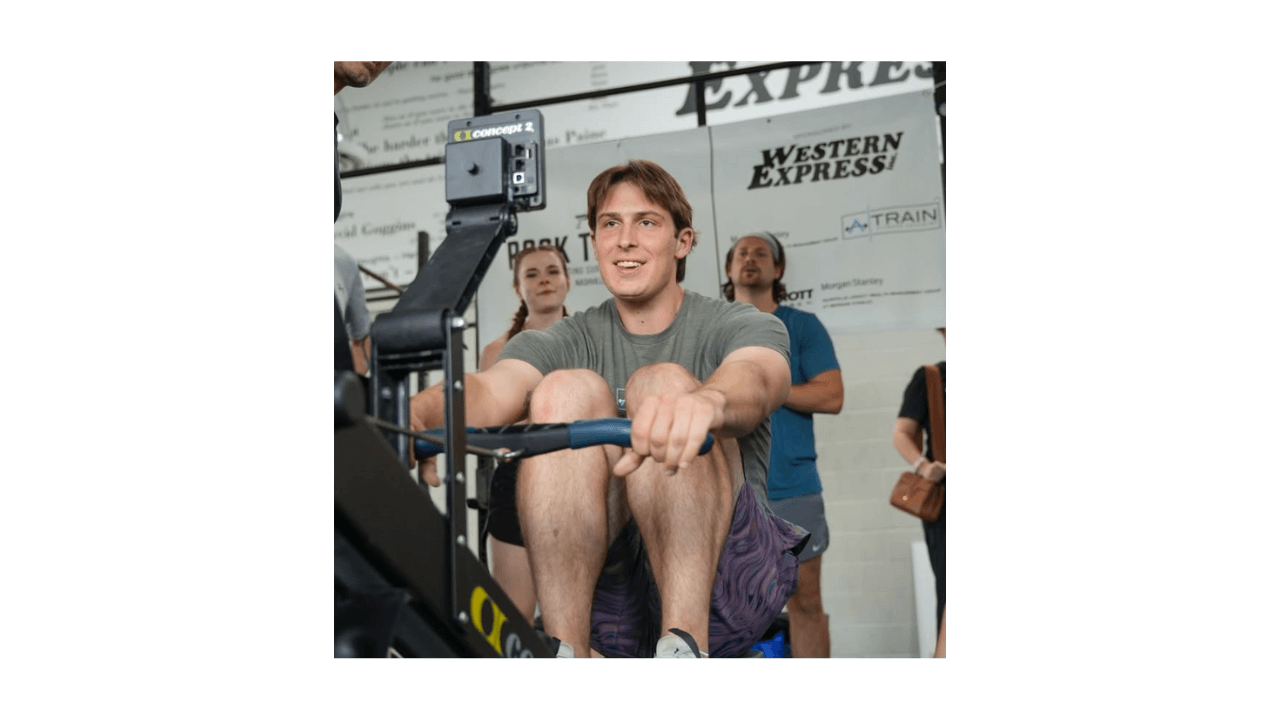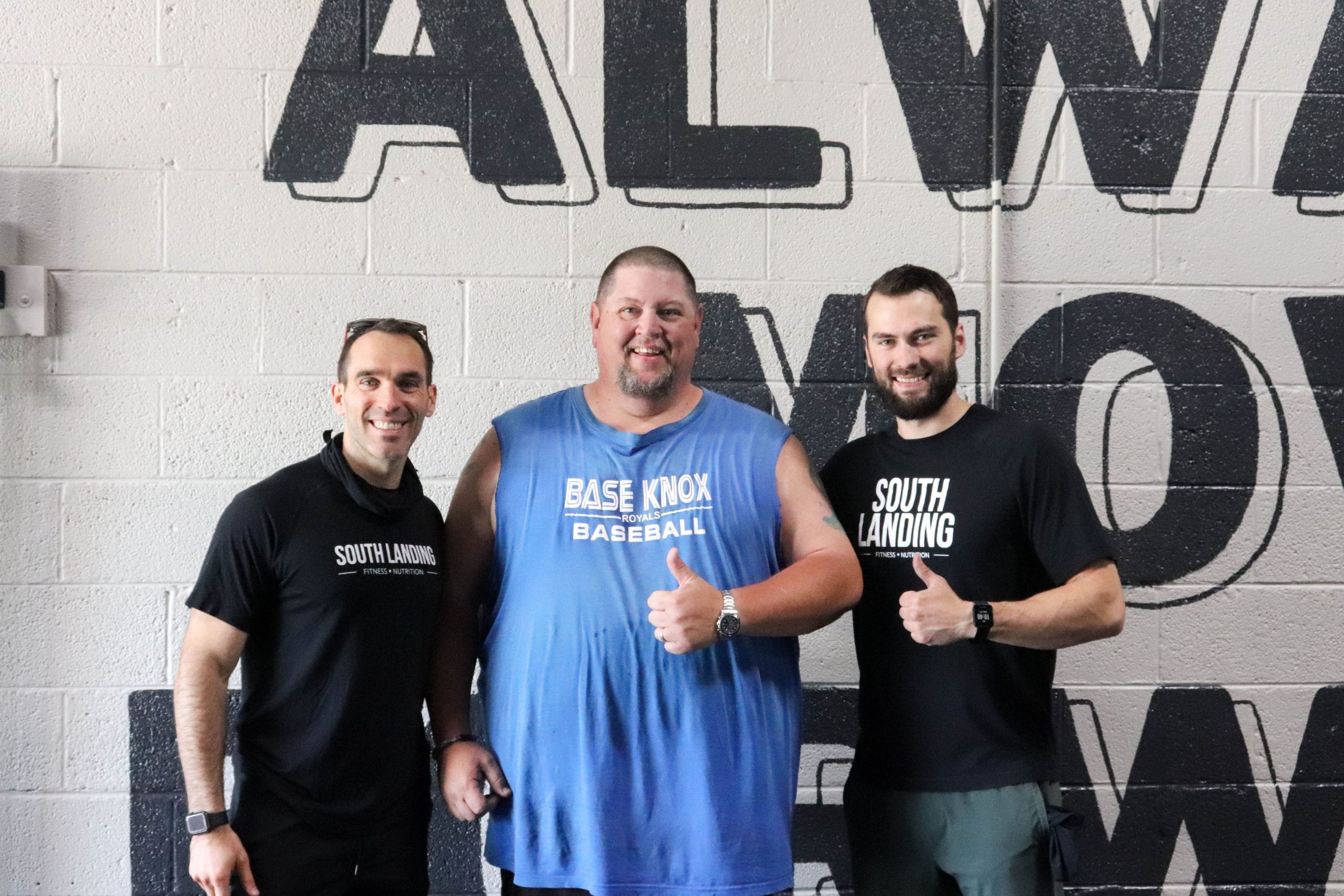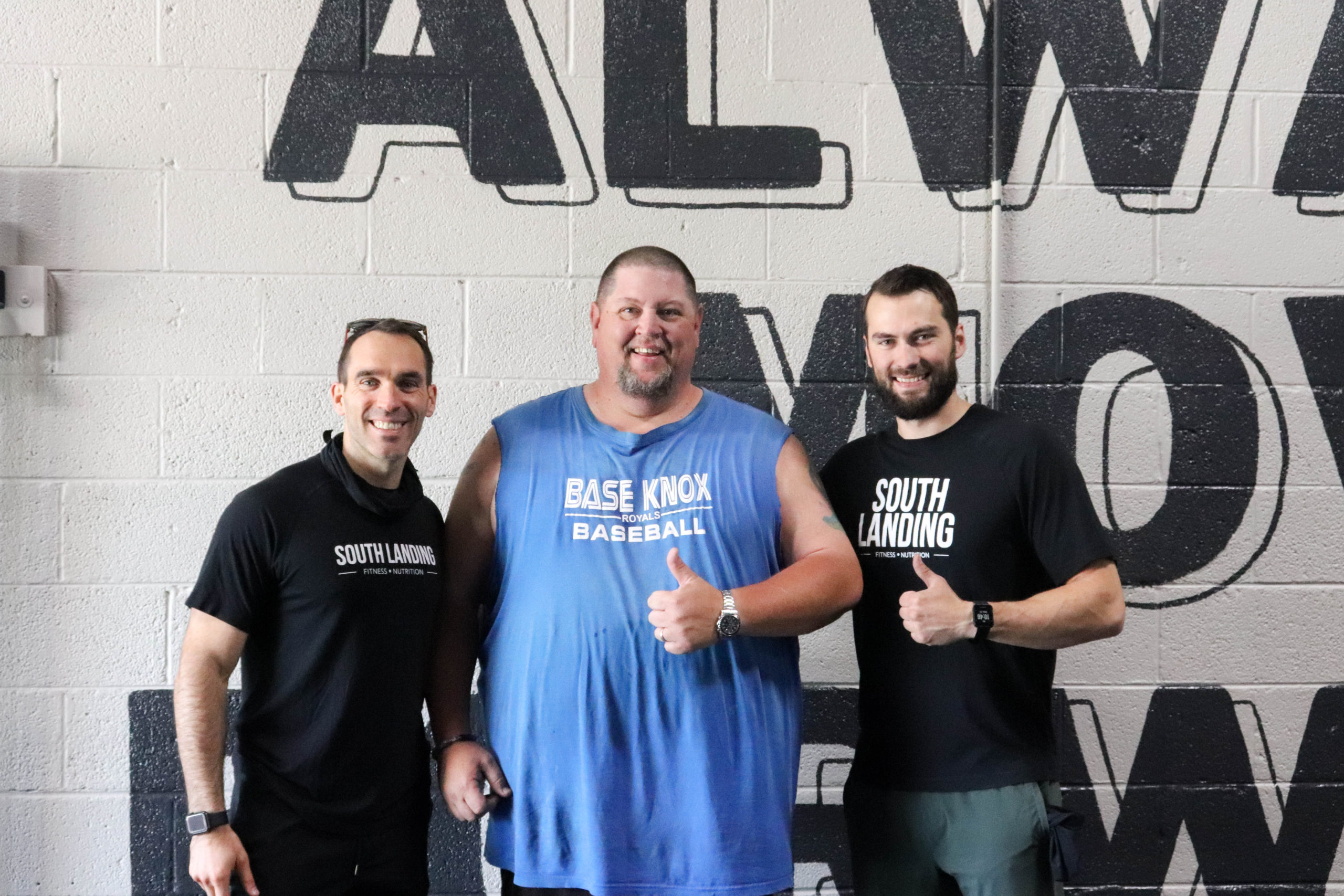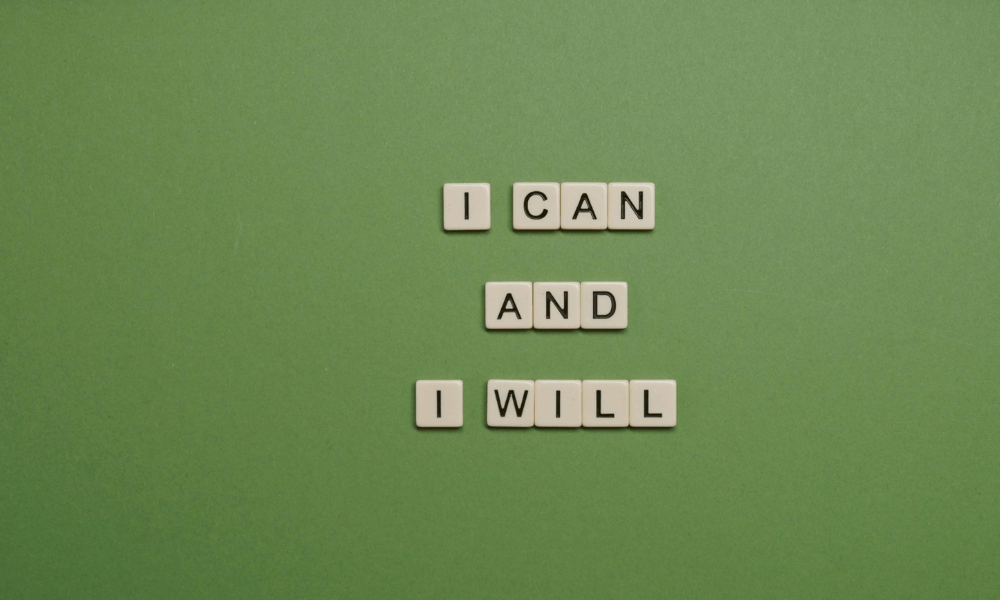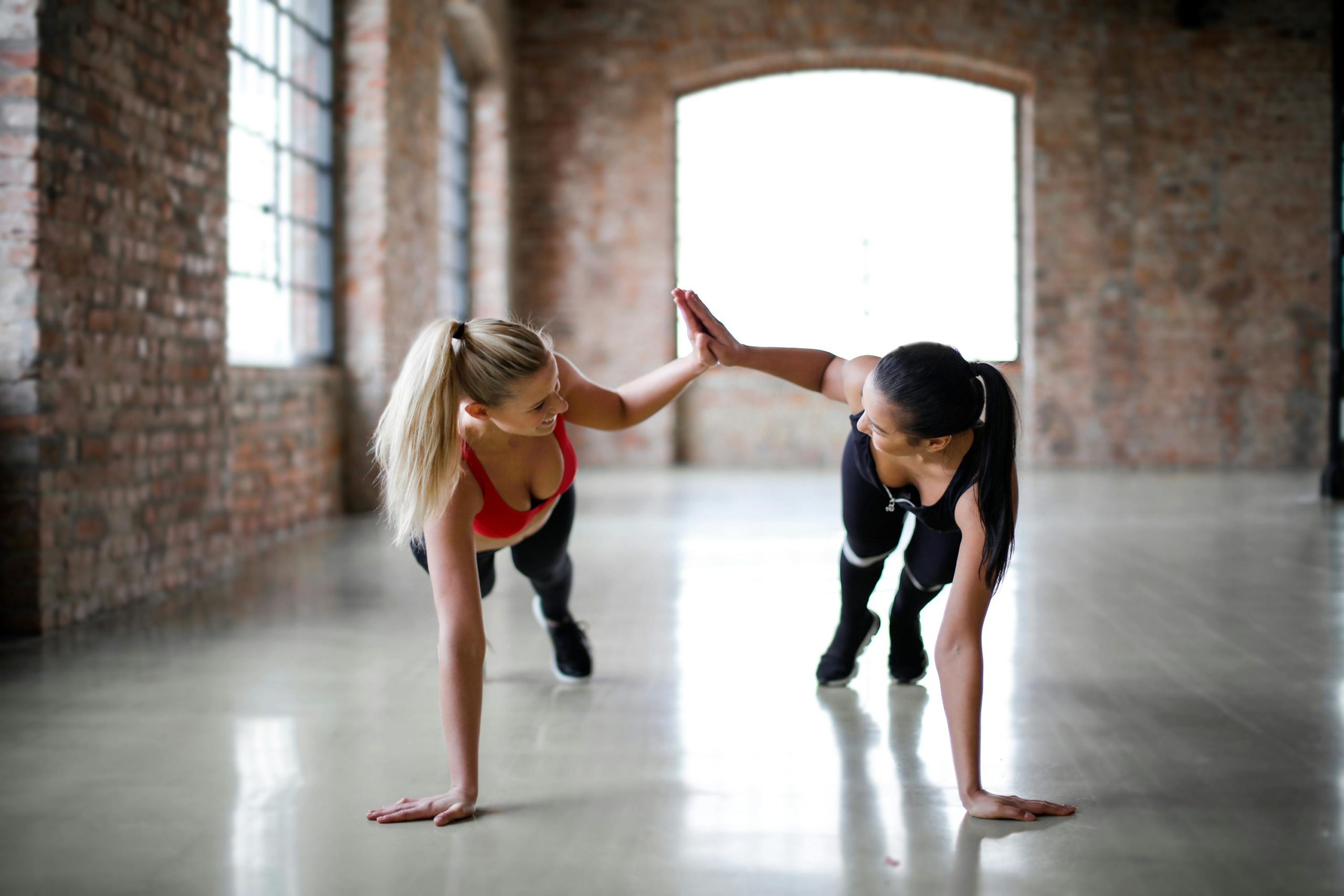January often arrives with a familiar message: do more, try harder, push yourself. New workout plans. New routines. Big promises about becoming a “better” version of yourself. For many people, that pressure feels motivating. For others, it can feel overwhelming.
If you are a cancer survivor, your body and mind have already been through a marathon. Healing already asks a lot of you. So what if this year didn’t start with another list of things to fix? What if your resolution focused on support, steadiness, and mental well-being instead?
Rethinking New Year Goals with Mental Health in Mind
At Survivor Fitness, we believe healing is not about overhauling your life in January. It is about choosing goals that actually support you where you are right now. Here are some practices to consider to help you rethink New Year’s resolutions with mental health in mind:
1. Flip the Script on Resolutions with Self-Compassion
Traditional resolutions often focus on performance. How much you can lift. How fast you can run. How many habits you can stack into a week. Mental health goals look different. They are quieter. They are personal. And they do not need to be impressive to be meaningful.
Resolutions work best when they feel doable. Not another obligation. Not another source of guilt. Just small choices that create breathing room in your life.
Instead of asking, “What should I be doing more of?” try asking, “What do I need right now?”
That question alone can change everything.
2. Stop Adding to Your Plate
Most resolutions fail because they feel like another chore on an already long to-do list. When we set goals that stress us out, we trigger the body’s “fight or flight” response. This is the opposite of what a healing body needs.
This year, give yourself permission to choose goals that reduce pressure. That might mean saying no more often. It might mean leaving space in your schedule. It might mean letting go of habits that no longer serve you.
A healthy resolution does not have to be ambitious. It can be a commitment to say “no” to things that drain your energy. Protecting your peace is a powerful way to support your recovery.
3. Start Small and Keep It Simple
Big changes are intimidating. Small shifts are sustainable. Instead of vowing to meditate for an hour every day, try committing to three deep breaths when you feel rushed. Instead of promising to journal every night, aim to write down one thing you are grateful for each week.
Starting small builds confidence. When you achieve a simple goal, you prove to yourself that you are capable of change. These “small wins” create a positive momentum that carries you through the more challenging days.
4. Build a Support System That Feels Safe
Healing does not happen in isolation. Support makes a difference.
That support might come from a therapist, a coach, a friend, or a community that understands what you have been through. It could also come from simply allowing yourself to ask for help when things feel heavy.
Mental health resolutions often become stronger when they are shared. You do not need to carry everything alone.
If you have been part of Survivor Fitness, you already know the power of connection and community. Whether through personal training, nutrition coaching, or mental health counseling, support helps you continue to show up for yourself.
5. Focus on What Nourishes You
Mental health and physical health are deeply connected. What you eat, how you move, and how you rest all play a role in how you feel.
Rather than setting rigid goals, think about what helps you feel grounded and supported. Gentle movement. Balanced meals. Enough sleep. Time to process your thoughts and emotions. These are not extras. They are part of healing.
Survivor Fitness: A Holistic Path Forward for Cancer Survivors
This year, let your resolutions meet you where you are. Let them be flexible. Let them change as you do. Some days will feel hopeful, while others may feel heavy. Both are normal.
At Survivor Fitness, we support cancer survivors through personal training, nutrition coaching, and mental health counseling because healing is never one-dimensional. It happens when the body, mind, and heart are cared for together.
If you’re looking for support this year, we’re here to help. Learn more about our programs and apply today.
